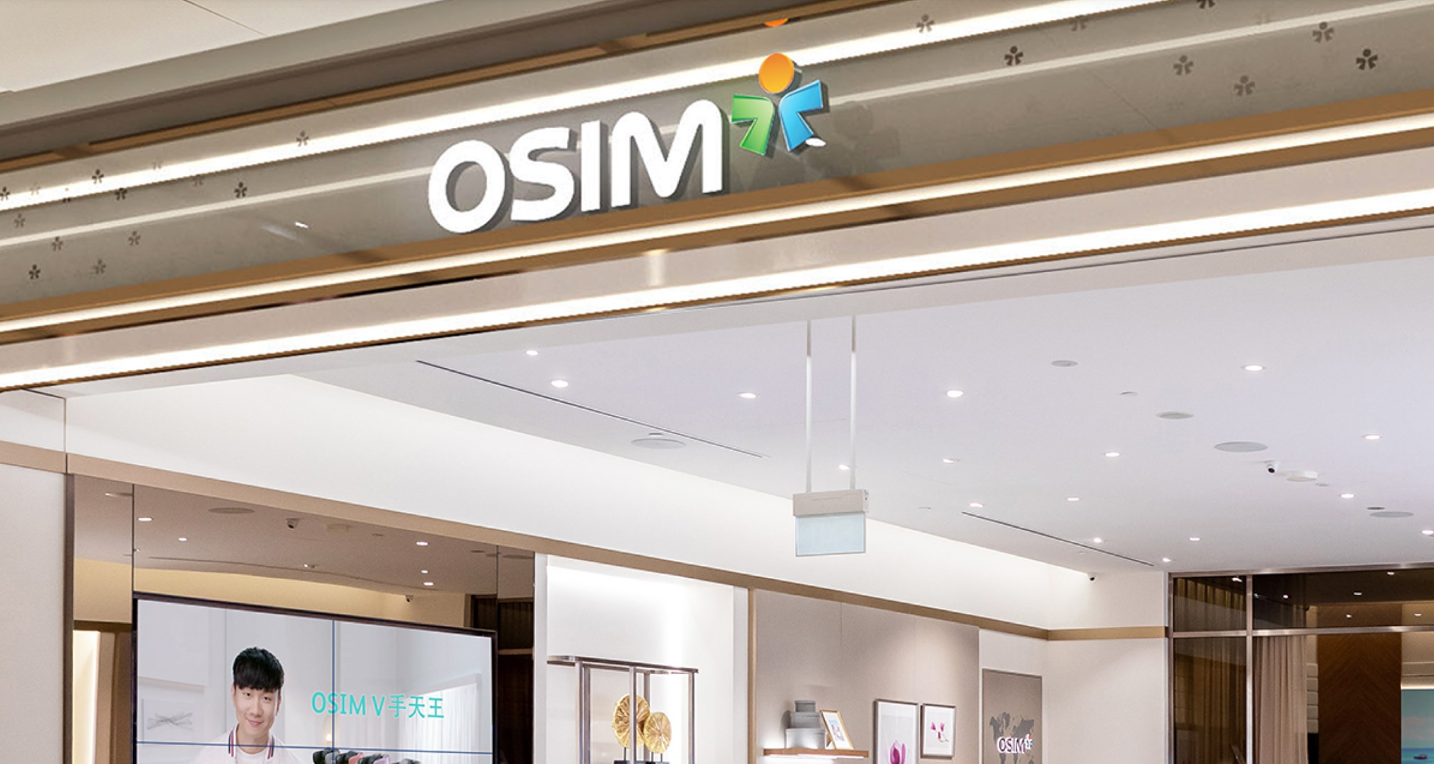SINGAPORE: OSIM International has made significant changes to its business practices in response to a warning issued by the Competition and Consumer Commission of Singapore (CCCS) regarding transparency concerns. The adjustments come after CCCS flagged several marketing and sales tactics that could mislead consumers.
One of the primary issues raised was the use of the “Stanford Medicine” logo on OSIM’s promotional materials. CCCS explained that the logo could give the false impression that the product was endorsed by institutions affiliated with Stanford University, when, in fact, only a medical consultant who had lectured at the Stanford University School of Medicine had endorsed the technology used in the product. In response to this, OSIM removed the logo from its marketing materials.
Additionally, OSIM removed the word “Certified” from the “Conformité Européenne” (CE) mark on its products. CCCS highlighted that this use of the term could mislead consumers into believing that the products were certified by an external authority, when in reality, the CE mark is a self-declared statement by manufacturers asserting that their products meet relevant European legal requirements.
OSIM has complied by ensuring that future product labelling and marketing will not carry the word “Certified” alongside the CE mark.
The company also took steps to enhance its pre-purchase disclosure practices. OSIM updated its website to include more detailed information about the suitability of its products for individuals with specific health or medical conditions. This comes after concerns from CCCS that such information had previously been available only in the product manuals inside the packaging, which could be inaccessible to customers before purchase. The company has also instructed its sales representatives to remind customers about product suitability before completing a sale.
CCCS noted that OSIM’s policy of not offering refunds once the packaging is opened exacerbated the situation, as affected consumers might find themselves unable to return products even if they later discovered that the items were unsuitable for their needs. This issue raised concerns about consumer protection and the ability to make informed purchasing decisions.
In another issue flagged by CCCS, OSIM was found to have listed promotional prices alongside “usual” prices that were not genuinely representative of regular retail pricing. The “usual” prices were not offered to consumers for a significant period before the promotion, which could mislead customers into thinking they were receiving a larger discount. OSIM has since amended its promotional practices to reflect actual price reductions and ensure that the prices advertised are more transparent and accurate.

